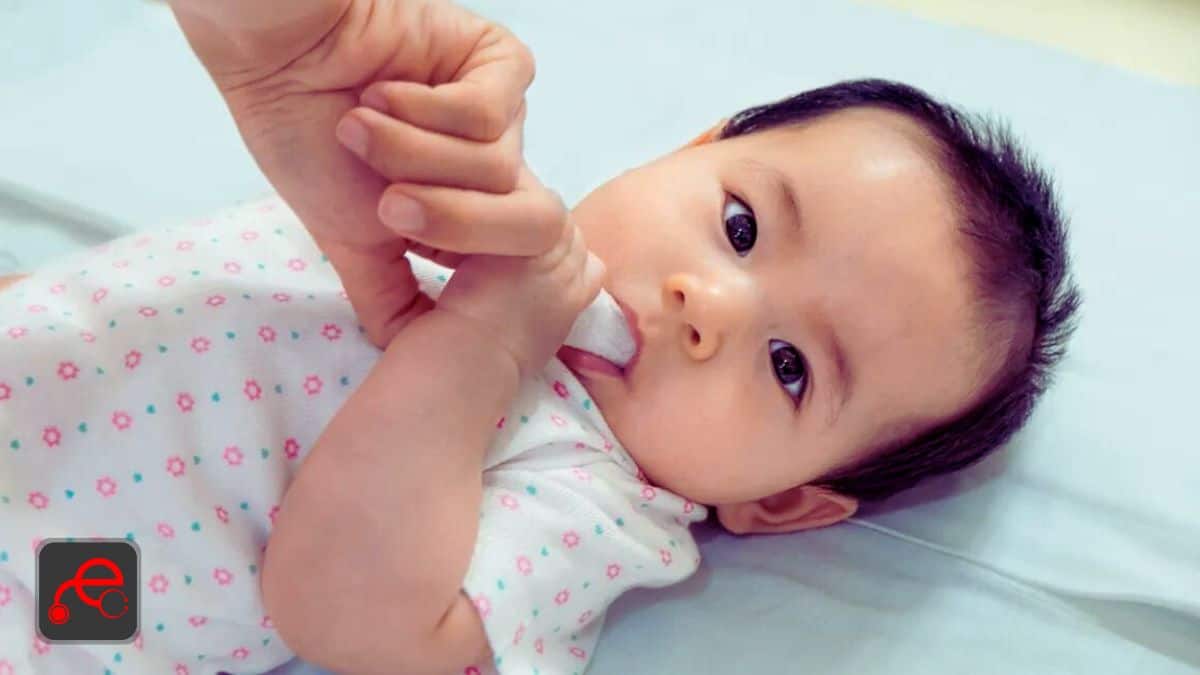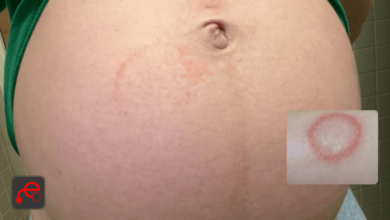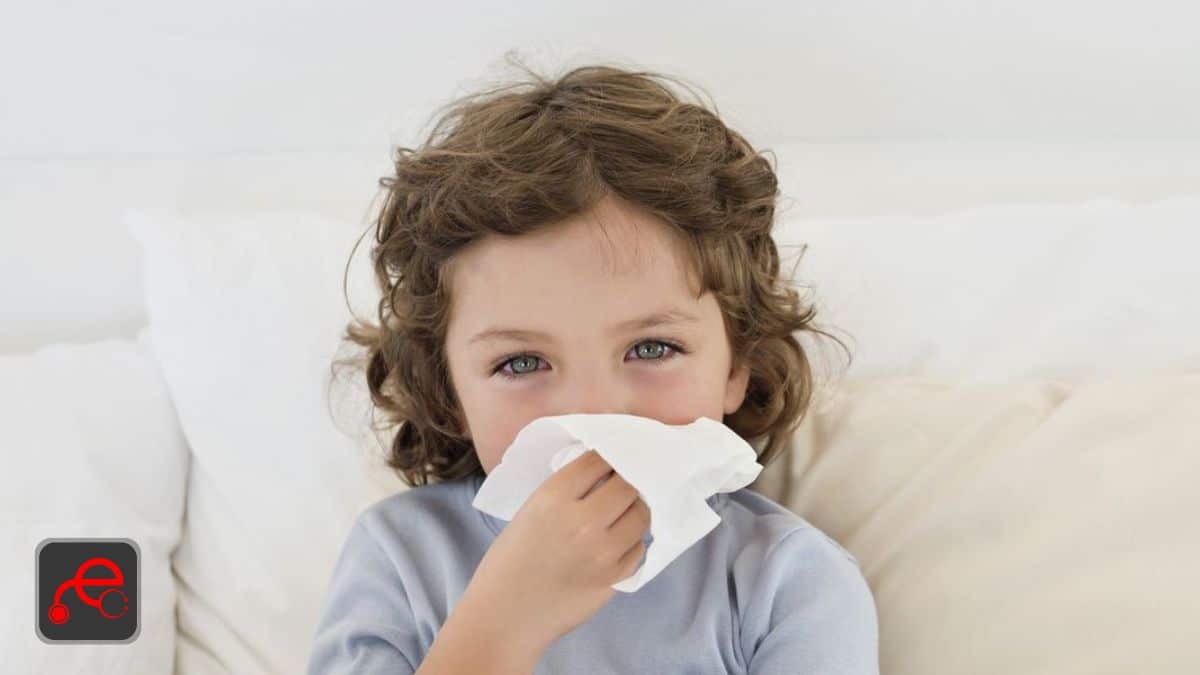How to Clean a Baby’s Tongue: Keeping Their Mouth Healthy

As a parent, you want to keep your baby healthy and happy, and that includes taking care of their oral health. One aspect of oral hygiene that is often overlooked is cleaning your baby’s tongue. Just like adults, babies can develop tongue coating that can harbor bacteria and lead to bad breath, so it’s important to clean their tongue regularly.
But how exactly do you go about cleaning your baby’s tongue? While it may seem daunting at first, with the right tools and techniques, it can be a simple and easy task to incorporate into your baby’s daily routine.
In this article, we will provide you with a step-by-step guide on how to clean a baby’s tongue. We will also share some helpful tips and tricks to make the process easier and more effective. From understanding why cleaning your baby’s tongue is important to selecting the right tools, you’ll find everything you need to know to ensure your baby’s mouth stays healthy and clean.
So let’s get started and learn how to clean your baby’s tongue the right way!
Why is it important to start early?
Starting early with good oral hygiene practices is crucial for your baby’s overall oral health. Cleaning your baby’s tongue from an early age helps to establish good oral hygiene habits and prevent dental problems in the future.
Babies are born without bacteria in their mouth, but as they grow, they are exposed to various bacteria from food, toys, and their surroundings. If left uncleaned, bacteria can accumulate on the tongue and lead to bad breath, tooth decay, and even gum disease.
Cleaning your baby’s tongue also helps to remove milk residue and other particles that can stick to the tongue, and in turn, prevent bacteria from forming. This is especially important for babies who are being bottle-fed or breastfed, as milk residue can easily build up on the tongue.
Why do You need to Clean a Baby’s Tongue?
Cleaning your baby’s tongue is important for several reasons. Here are some of the key reasons, why you need to clean a baby’s tongue:
- Preventing bad breath: Babies can develop bad breath just like adults, and one of the main culprits is tongue coating. Regularly cleaning your baby’s tongue can help prevent the buildup of bacteria that causes bad breath.
- Maintaining oral health: Bacteria that accumulate on the tongue can also lead to other oral health problems, including tooth decay and gum disease. By cleaning your baby’s tongue, you can help prevent these issues from developing.
- Removing milk residue: If your baby is bottle-fed or breastfed, milk residue can accumulate on their tongue, leading to a white coating. Regularly cleaning your baby’s tongue can help remove this residue and prevent bacteria from forming.
- Promoting good oral hygiene habits: By cleaning your baby’s tongue from an early age, you can establish good oral hygiene habits that will benefit them for years to come. This can make it easier for them to continue practicing good oral hygiene as they grow older.
How to Clean a Baby’s Tongue
Cleaning your baby’s tongue is an important part of their oral hygiene routine that can help prevent dental problems and maintain overall health. Here are some methods, tricks, and tips to help you clean your baby’s tongue effectively:
Method
- Choose the right tool: A soft, damp washcloth or a tongue cleaner specifically designed for babies are the best tools to clean your baby’s tongue.
- Be gentle: Start by cradling your baby’s head with one hand and use the other hand to gently open their mouth. Take the washcloth or tongue cleaner and gently rub it over your baby’s tongue, starting at the back and working your way forward.
- Rinse the mouth: After cleaning the tongue, rinse your baby’s mouth with a small amount of water. You can use a clean, damp washcloth or a small cup of water to do this.
- Repeat daily: Cleaning your baby’s tongue should be done daily as part of their oral hygiene routine. It only takes a few seconds and can help keep their mouth healthy and fresh.
Tricks and Tips
- Choose a time when your baby is relaxed and calm, such as after a feeding, to clean their tongue.
- Use a clean tool each time you clean your baby’s tongue to prevent the spread of bacteria.
- Don’t apply too much pressure when cleaning the tongue, as this can be uncomfortable for your baby.
- If your baby is fussy or uncomfortable, take a break and try again later.
- Incorporate tongue cleaning into your baby’s daily routine to establish good oral hygiene habits.
- If your baby has a white coating on their tongue, it could be a sign of thrush, a common fungal infection in babies. Consult with your pediatrician before cleaning their tongue.
Clean A Newborn Baby’s Tongue
Cleaning a newborn’s tongue is an important part of their oral hygiene routine. Even before their teeth appear, there can be bacteria and milk residue on their tongue that needs to be cleaned to prevent the growth of harmful bacteria in their mouth. Here are some steps to clean your newborn’s tongue:
- Wash your hands thoroughly with soap and warm water to ensure they are clean.
- Take a soft, clean and damp washcloth, and wrap it around your finger.
- Gently open your baby’s mouth and use the wrapped finger to clean their tongue.
- Start at the back of the tongue and move forward, using gentle circular motions.
- Make sure to clean the sides of the tongue, as well.
- Rinse the washcloth or change it if it gets dirty.
- Repeat the process once a day as part of your baby’s oral hygiene routine.
It’s important to note that you don’t need to use toothpaste or mouthwash when cleaning your newborn’s tongue. A soft, damp washcloth is enough to remove any bacteria or milk residue from their tongue. Additionally, it’s essential to be gentle when cleaning their tongue and avoid using too much pressure, which can make your baby uncomfortable. By following these steps, you can help keep your newborn’s tongue clean and promote good oral hygiene habits from an early age.
Tips to Keep Clean A Baby’s Tongue
Here are some tips to keep your baby’s tongue clean:
- Start early: Begin cleaning your baby’s tongue as early as possible, even before the first teeth appear. This can help establish good oral hygiene habits and prevent dental problems down the line.
- Use a soft, damp washcloth: A soft, damp washcloth is a gentle and effective way to clean your baby’s tongue. Use it to gently rub over your baby’s tongue, starting at the back and working your way forward.
- Use a tongue cleaner specifically designed for babies: There are tongue cleaners designed specifically for babies that can be a more effective way to clean their tongue than a washcloth.
- Rinse the mouth: After cleaning your baby’s tongue, rinse their mouth with a small amount of water. This can help remove any remaining bacteria and freshen their breath.
- Do it daily: Cleaning your baby’s tongue should be done daily as part of their oral hygiene routine. It only takes a few seconds and can help keep their mouth healthy and fresh.
- Be gentle: When cleaning your baby’s tongue, be gentle and don’t apply too much pressure. This can make your baby uncomfortable and may cause them to resist future cleanings.
- Keep tools clean: Always use a clean and sterilized tool when cleaning your baby’s tongue to prevent the spread of bacteria.
By following these tips, you can help keep your baby’s tongue clean and maintain their oral health. Remember, a clean tongue is an important part of good oral hygiene habits and can prevent dental problems down the line.
Tips for Baby’s Mouth Care
Taking care of your baby’s mouth is essential for maintaining their overall health and promoting good oral hygiene habits. Here are some tips for caring for your baby’s mouth:
- Clean the tongue: As we mentioned earlier, cleaning your baby’s tongue should be a part of their oral hygiene routine. Use a soft, damp washcloth or a tongue cleaner designed for babies to gently clean their tongue daily.
- Brush their teeth: Even before their first teeth appear, you can gently clean your baby’s gums with a soft, damp washcloth. Once their teeth appear, start brushing them twice a day with a small, soft-bristled toothbrush and a tiny amount of toothpaste.
- Avoid putting your baby to bed with a bottle: Prolonged exposure to sugary liquids, like formula or breast milk, can cause tooth decay in babies. If you must give your baby a bottle to sleep, use water instead.
- Limit sugary foods and drinks: As your baby grows and starts eating solid foods, limit their intake of sugary foods and drinks, such as candy, juice, and soda.
- Visit the dentist: Your baby should have their first dental checkup by the time they turn one year old. Regular dental checkups are important for detecting and preventing dental problems and promoting good oral health.
- Watch for signs of dental problems: Look for signs of dental problems, such as white spots on the teeth, swollen gums, or tooth pain. If you notice any of these symptoms, consult with your pediatrician or dentist.
By following these tips, you can help maintain your baby’s oral health and promote good oral hygiene habits. Remember, caring for your baby’s mouth is an essential part of their overall health and well-being.
Conclusion
In conclusion, cleaning your baby’s tongue is an important part of their oral hygiene routine. By starting early and using a soft, damp washcloth or a tongue cleaner designed for babies, you can help remove harmful bacteria and promote good oral health. Additionally, caring for your baby’s mouth is essential for maintaining their overall health and promoting good oral hygiene habits. By following the tips we’ve outlined, you can help maintain your baby’s oral health and promote good oral hygiene habits from an early age. Remember to visit the dentist regularly and watch for signs of dental problems to ensure your baby has a healthy and happy smile.
FAQs
Q: Why is it important to clean a baby’s tongue?
A: Cleaning a baby’s tongue is important to help prevent the buildup of bacteria, which can cause bad breath, tooth decay, and even more serious health problems.
Q: When should I start cleaning my baby’s tongue?
A: You can start cleaning your baby’s tongue as soon as they are born, although it may not be necessary until they begin eating solid foods.
Q: How do I clean my baby’s tongue?
A: You can use a soft, damp cloth or a specially designed tongue cleaner to gently wipe your baby’s tongue. Avoid using a toothbrush or any other instrument that could cause discomfort or damage to their tongue.
Q: How often should I clean my baby’s tongue?
A: You can clean your baby’s tongue as often as you like, but once a day is usually sufficient.
Q: Is it necessary to clean a breastfed baby’s tongue?
A: Yes, it’s still important to clean a breastfed baby’s tongue, as breast milk can also leave residue on the tongue that can harbor bacteria.
Q: Is it normal for my baby’s tongue to have a white coating?
A: It’s normal for a baby’s tongue to have a white coating, which is usually caused by milk residue. However, if the coating is thick or accompanied by other symptoms such as a fever, it may be a sign of thrush, a fungal infection that requires medical attention.
Q: Is it safe to use tongue cleaners on a baby’s tongue?
A: As long as you use a soft, gentle tongue cleaner specifically designed for babies, it should be safe to use. However, always use caution and follow the instructions carefully to avoid causing discomfort or injury.
Q: Can cleaning a baby’s tongue cause them to gag?
A: It’s possible that cleaning a baby’s tongue may cause them to gag, but this is generally not harmful and will usually subside quickly. If your baby consistently gags when their tongue is cleaned, try a gentler approach or wait until they are a little older to try again.


